“Breaking Bad,” renowned for its gripping narrative and complex characters, notably explored the moral ambiguity of Jesse Pinkman, portrayed by Aaron Paul. Pinkman’s journey, riddled with bad choices and a search for redemption, offered a stark contrast to Walter White’s descent into Heisenberg. Let’s delve into the key episodes that shaped Jesse’s character and elevated “Breaking Bad” to a masterpiece of television.
The Downfall of Jesse Pinkman: “Confessions” (Season 5, Episode 11)
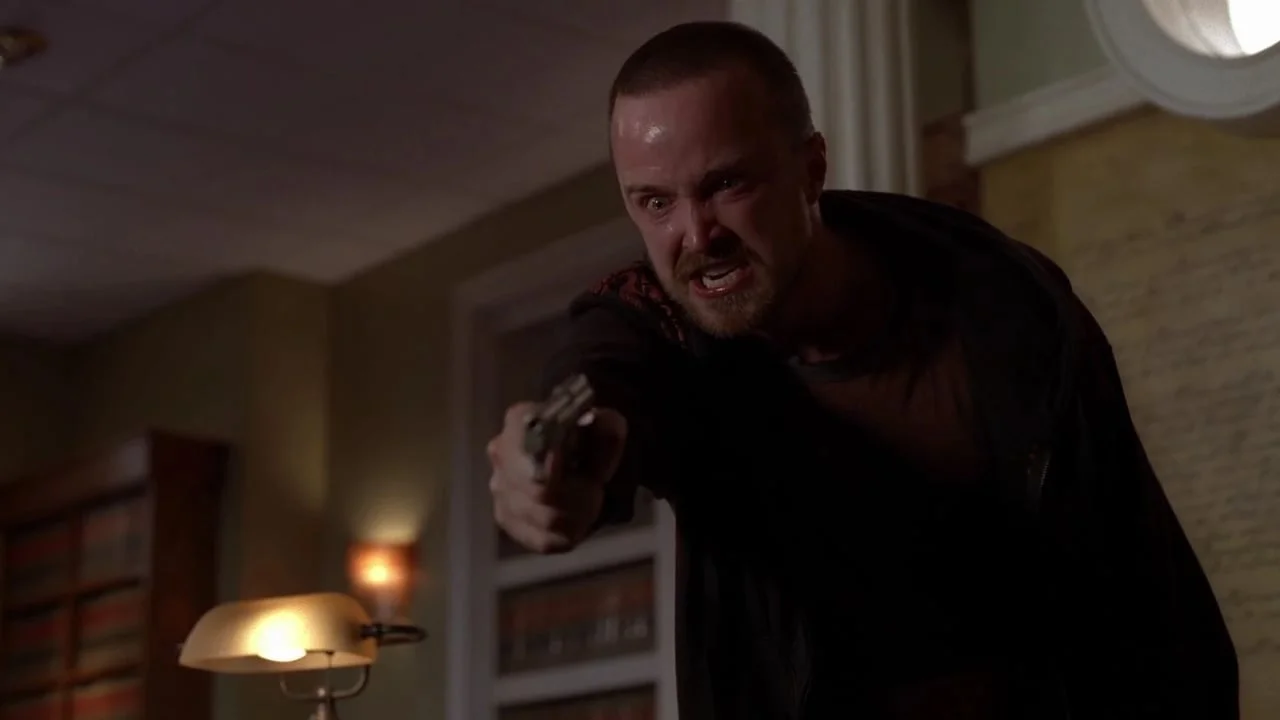
In “Confessions,” Jesse Pinkman’s mental turmoil reaches a breaking point. The episode showcases the crumbling relationship between Jesse and Walter White, highlighted by a tense desert farewell scene that brilliantly captures their twisted bond. This episode marks a pivotal moment in Jesse’s narrative, illustrating his struggle with guilt and manipulation.
The Point of No Return: “Full Measure” (Season 3, Episode 13)

“Full Measure” presents a crucial turning point for Jesse, thrusting him into the darker aspects of the drug world. The episode is symbolic of Jesse’s lost innocence, as he commits a critical act at Gale’s door, pushed by Walter’s manipulation. This moment signifies Jesse’s irreversible step into a world of moral compromise.
Jesse’s Beacon of Hope: “Peekaboo” (Season 2, Episode 6)
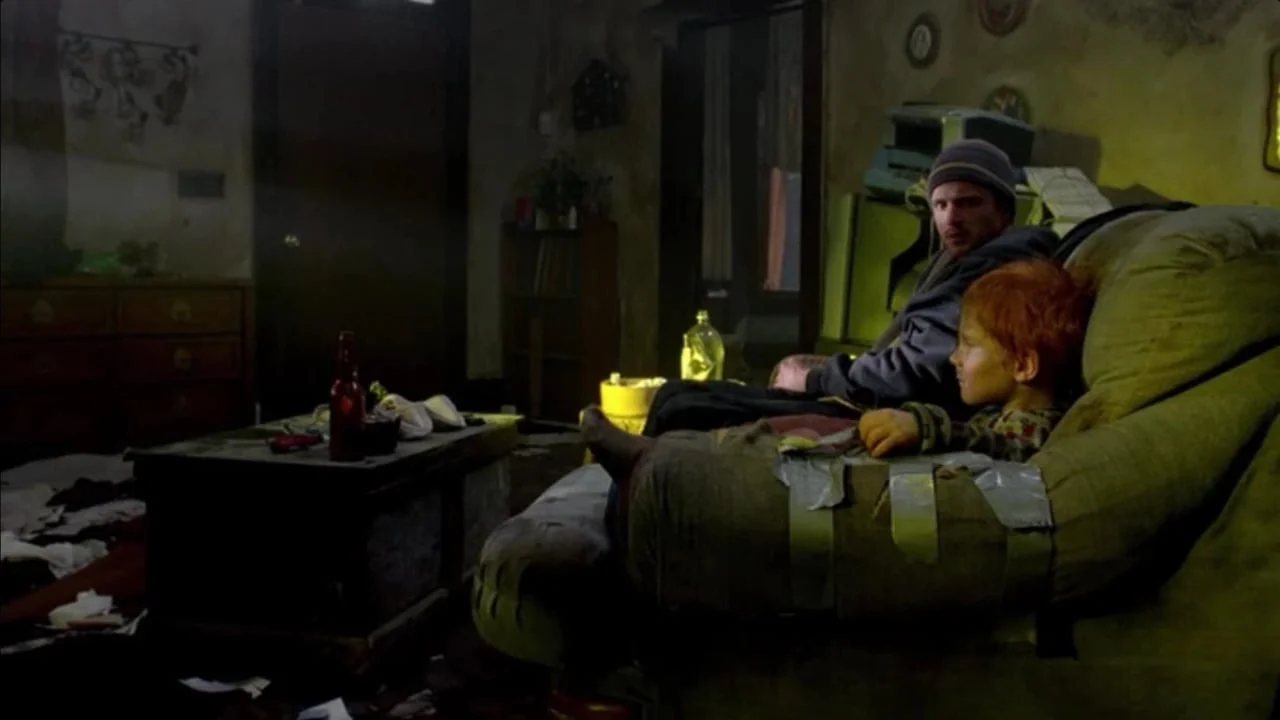
In “Peekaboo,” Jesse’s inherent goodness shines through amidst the show’s darker themes. His actions, from sparing a bug to saving a child, offer a glimpse of optimism and humanity within the chaotic world of “Breaking Bad.” This episode serves as a testament to Jesse’s complex character, torn between his environment and his moral compass.
Tragic Love and Loss: “ABQ” (Season 2, Episode 13)
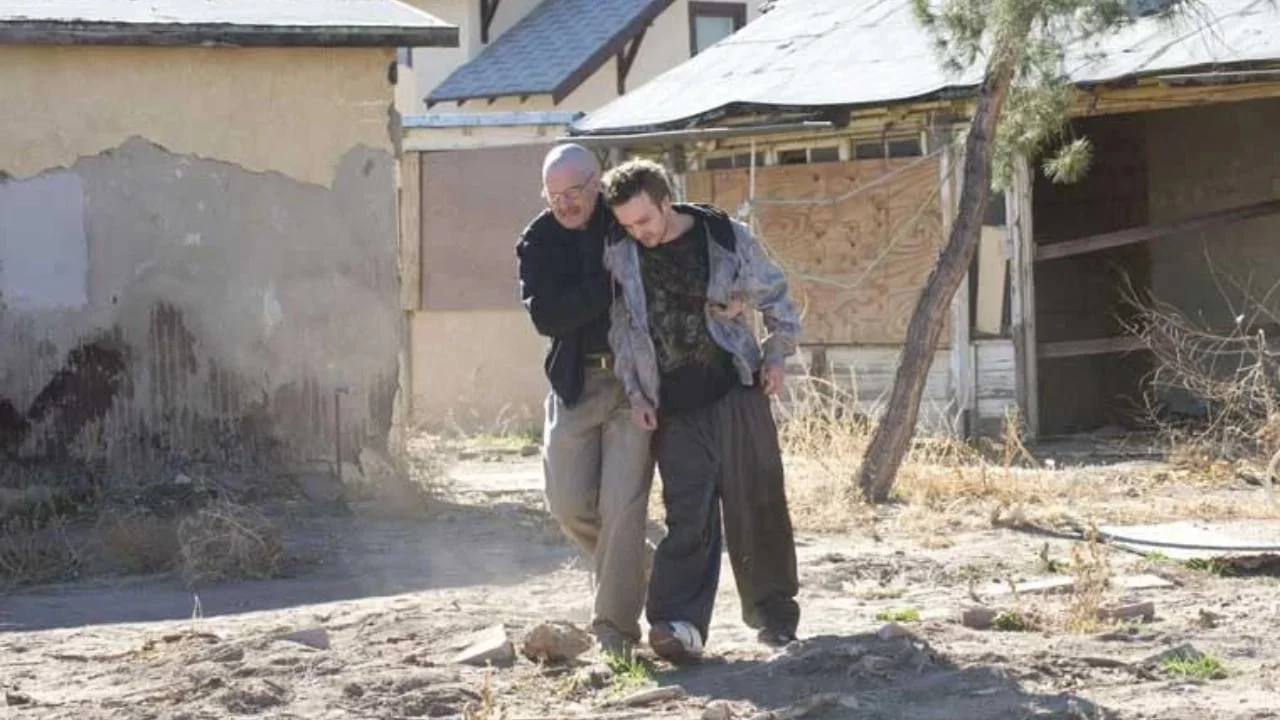
Jesse’s relationship with Jane, and its tragic end, profoundly affects him in “ABQ.” Walter’s decision to let Jane perish sets off a chain of events, deepening Jesse’s entrapment in a toxic relationship with Walter. This episode poignantly portrays Jesse’s vulnerability and victimhood.
A Fading Partnership: “End Times” (Season 4, Episode 12)
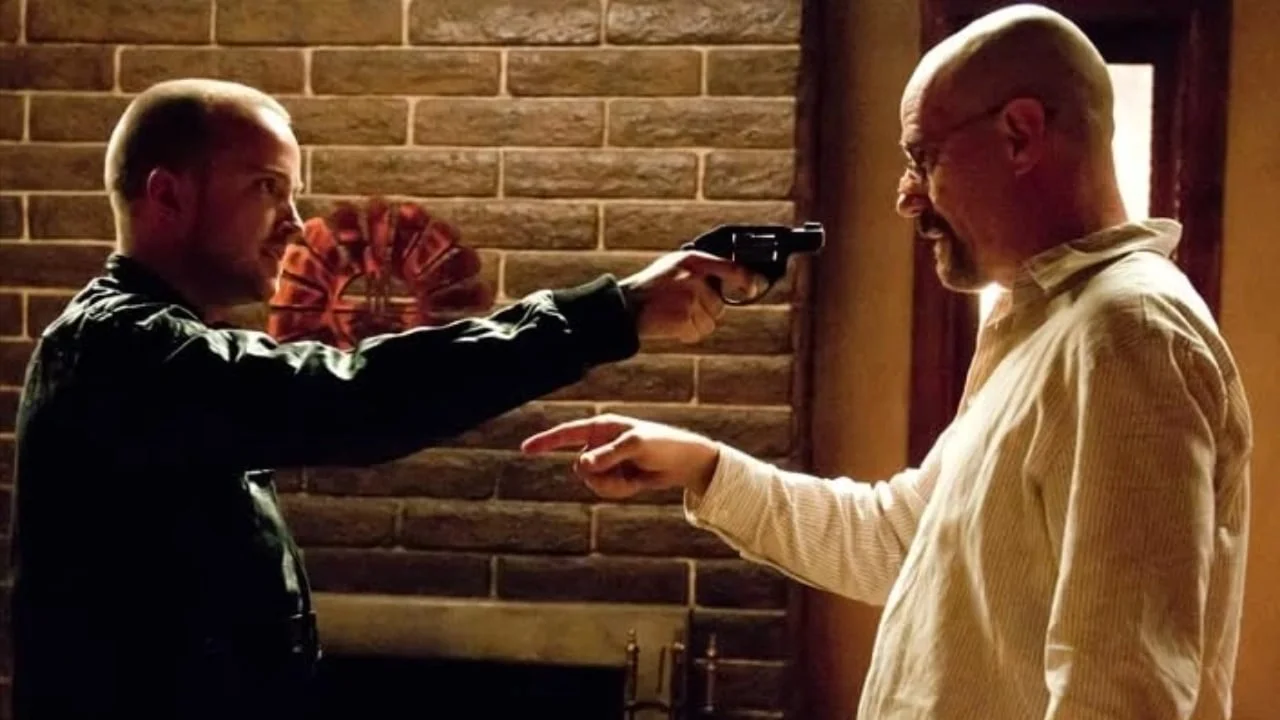
In “End Times,” the rift between Jesse and Walter widens as Gus manipulates Jesse’s trust. Walter’s influence over Jesse becomes increasingly apparent, leading to high-tension moments and emotional climaxes. This episode underscores the complexities of their relationship.
Jesse’s Burden of Guilt: “Problem Dog” (Season 4, Episode 7)
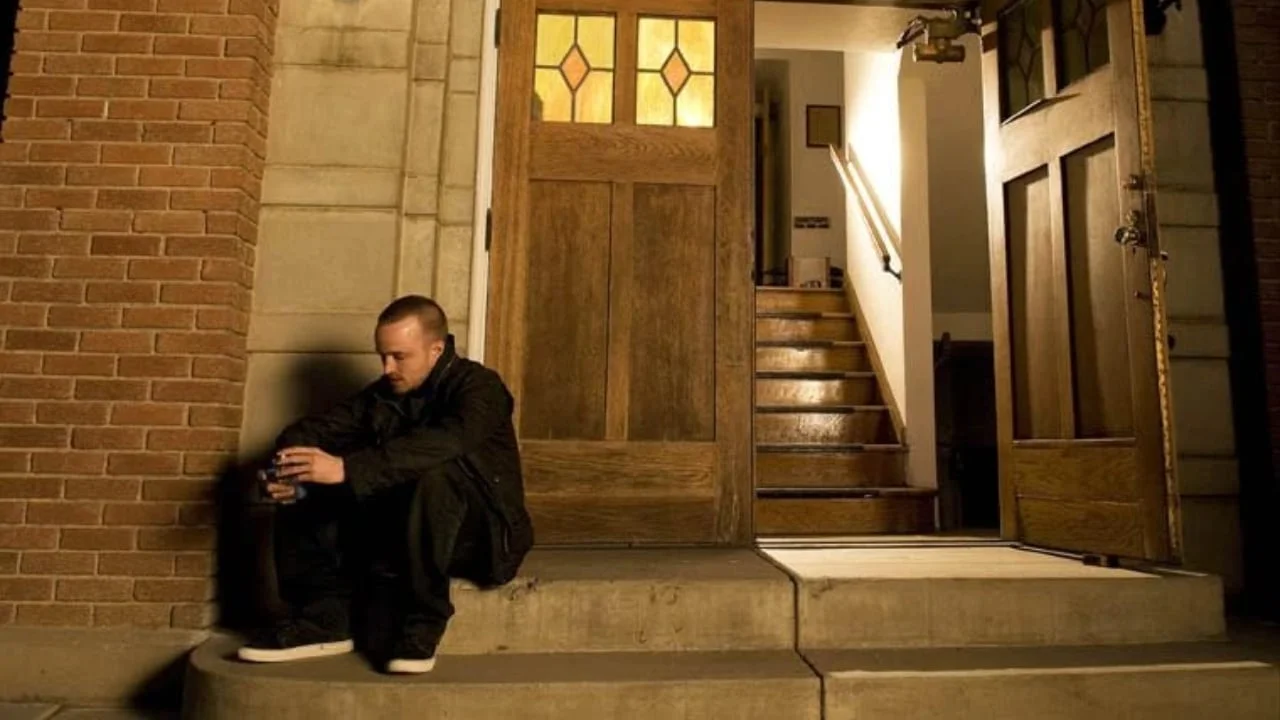
Jesse’s inner turmoil, particularly his guilt over Gale’s death, is a recurring theme. “Problem Dog” features a powerful scene where Jesse confesses his actions metaphorically, showcasing Aaron Paul’s remarkable performance and Jesse’s struggle with remorse.
Consequences of Violence: “One Minute” (Season 3, Episode 7)

Jesse’s violent encounter with Hank in “One Minute” marks a significant emotional and physical turning point. Walter’s attempts to control Jesse’s reactions further complicate their relationship, setting the stage for the season’s climactic events.
Breaking Free: “Salud” (Season 4, Episode 10)
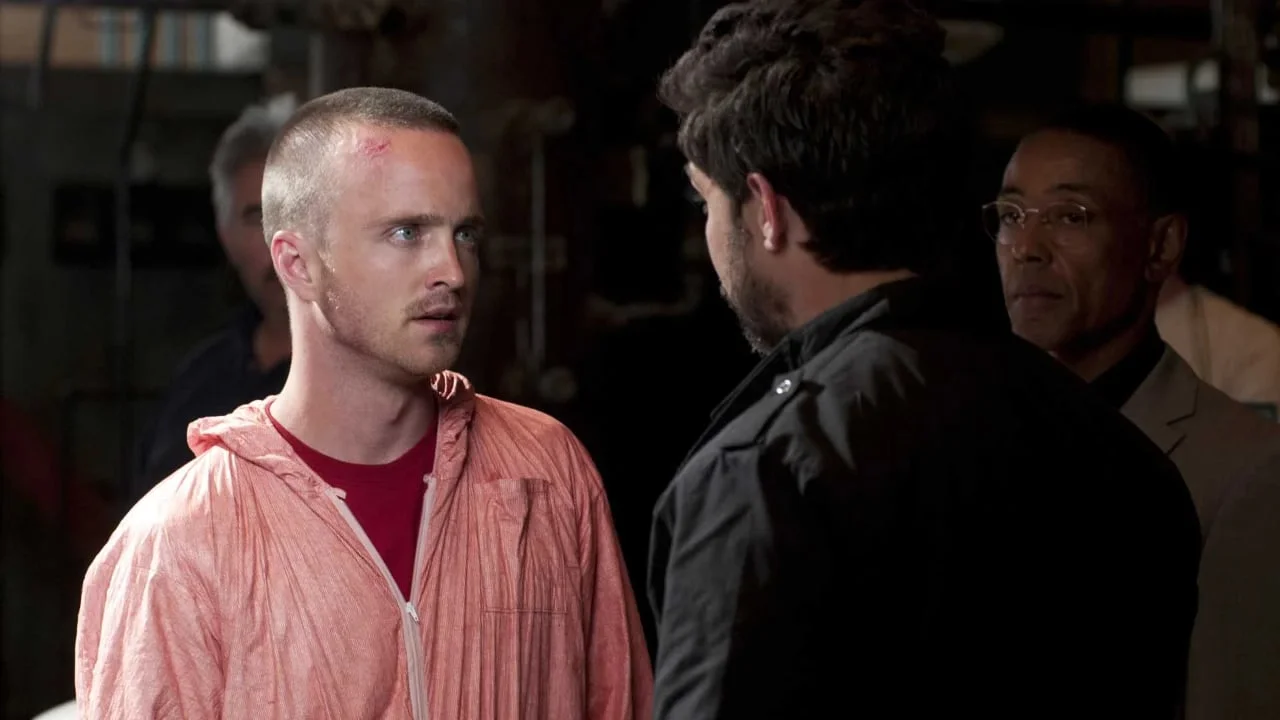
In “Salud,” Jesse begins to break away from Walter’s influence, demonstrating his capabilities in the meth trade. The episode contrasts Jesse’s strengths with Walter’s vulnerabilities, showcasing Jesse’s growth and independence.
Exploring Jesse’s Past: “Cancer Man” (Season 1, Episode 4)
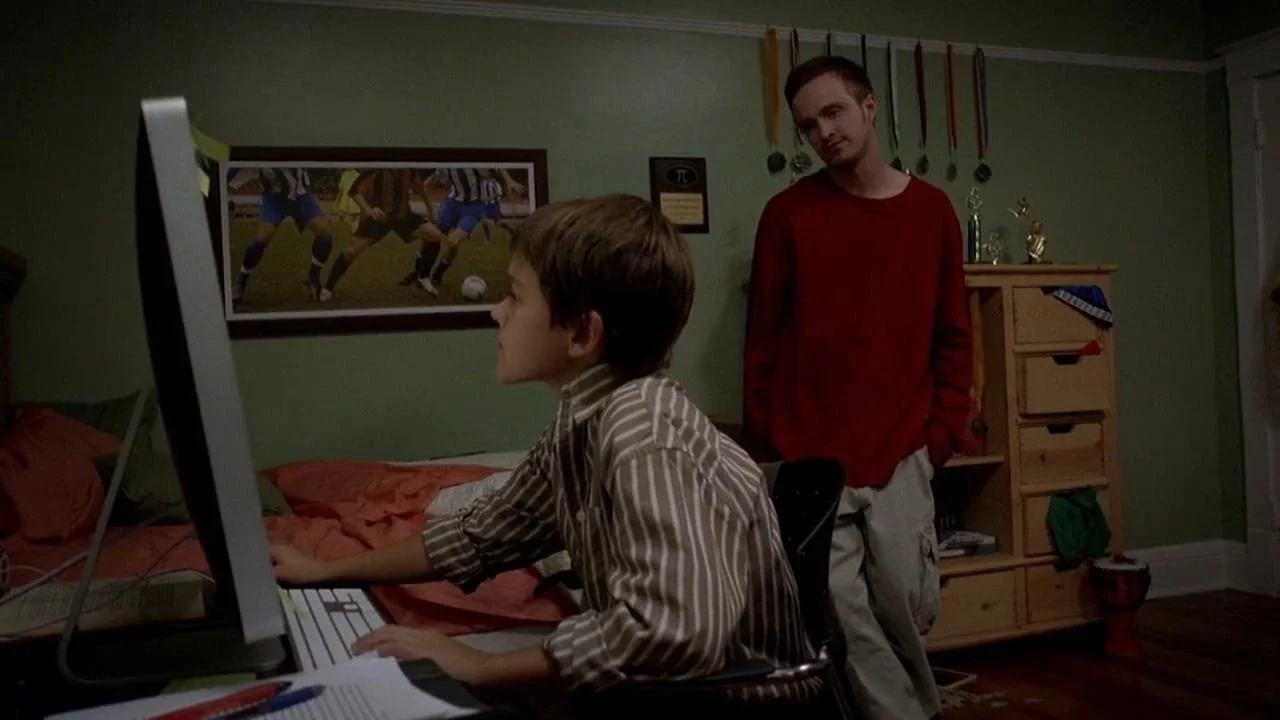
“Cancer Man” delves into Jesse’s background, revealing his strained relationship with his parents. The episode plants the seeds of sympathy for Jesse and positions Walter as a surrogate parental figure, adding depth to their complex dynamic.
Reflective Bonding: “Fly” (Season 3, Episode 10)
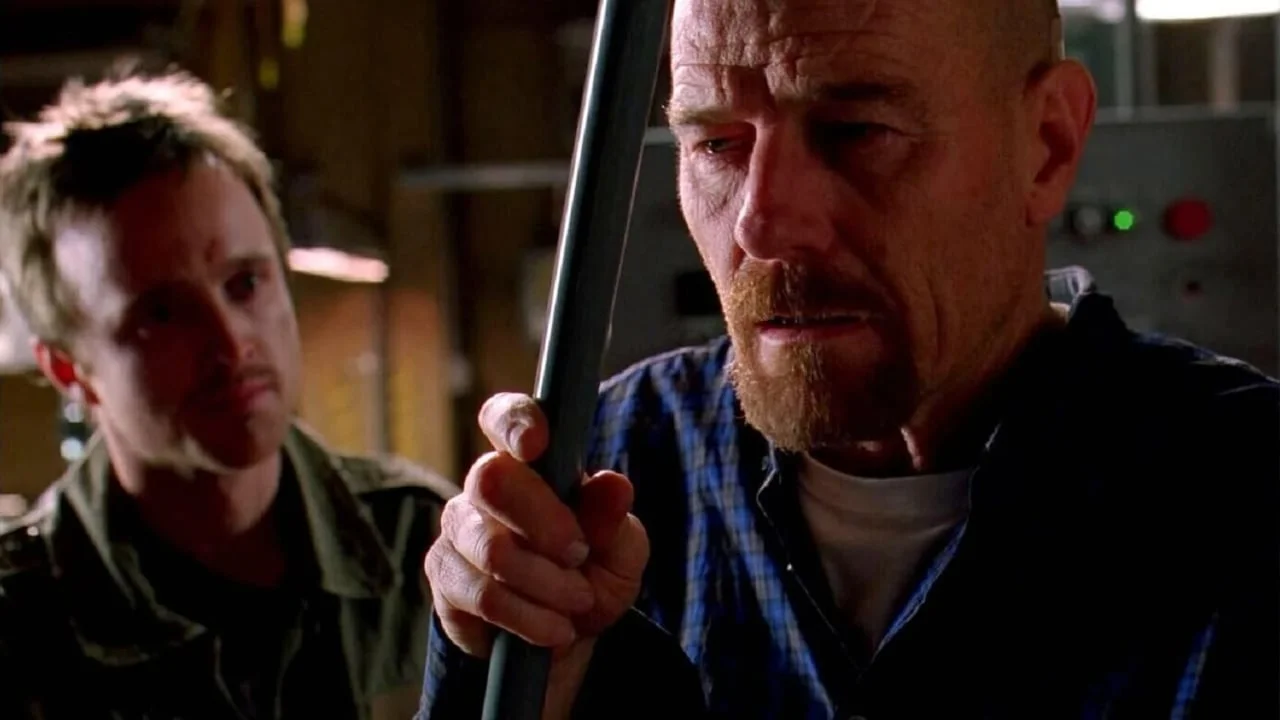
Though often debated among fans, “Fly” is a crucial episode that slows down the action to focus on the relationship between Walter and Jesse. It allows for introspection and reflection on their journey, highlighting the series’ ability to balance drama with character development.
A Test of Loyalty: “Half Measures” (Season 3, Episode 12)

In “Half Measures,” Jesse forces Walter to choose sides, leading to a significant moment of action from Walter. This episode sets the stage for the season finale, emphasizing the fragile nature of their partnership.
The Aftermath of Violence: “Box Cutter” (Season 4, Episode 1)
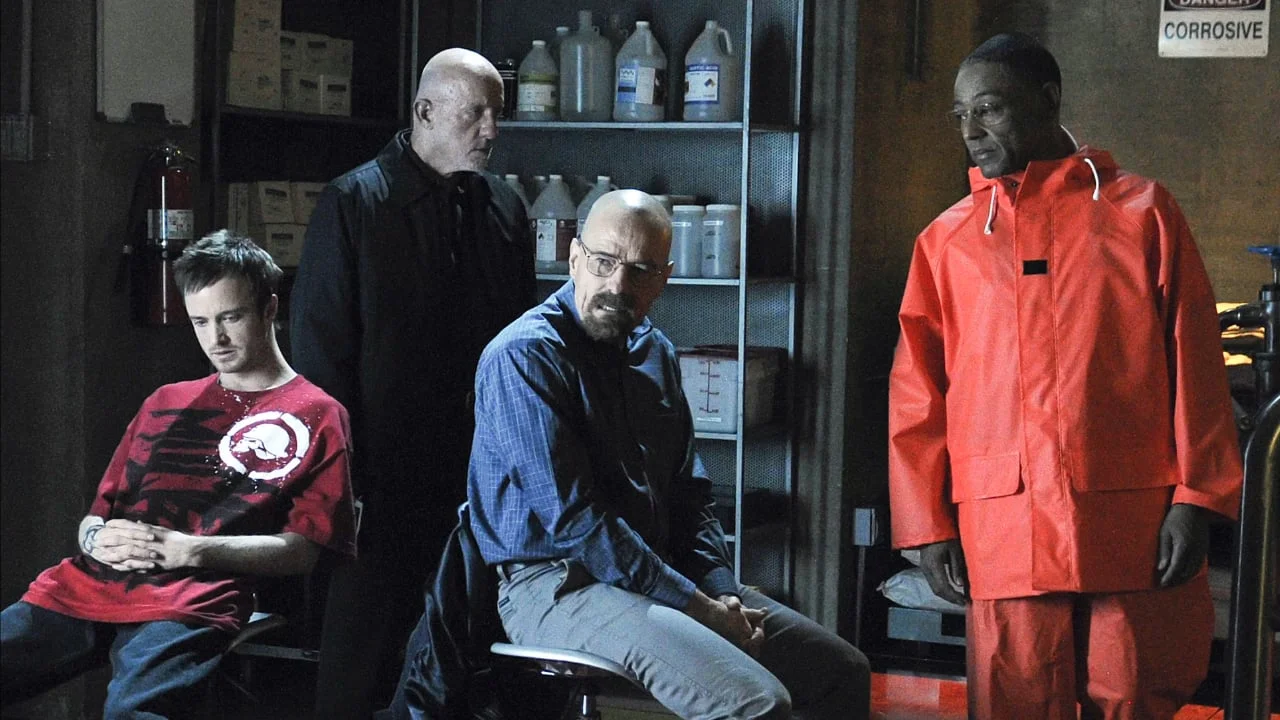
“Box Cutter” illustrates the emotional aftermath of the season three finale. Jesse’s shell-shocked state contrasts with Walter’s demeanor, highlighting the emotional toll of their actions. The episode is a high point in showcasing the series’ intense character dynamics.
Jesse’s Ongoing Struggle: “Down” (Season 2, Episode 4)

In “Down,” Jesse’s search for belonging and the consequences of his life choices are brought to the forefront. His struggle to find a home and his descent into despair underscore the character’s continuous battle with his environment. Jesse still feels like a lost kid in this episode before the crushing incidents of the ensuing seasons.
The Series Finale: “Felina” (Season 5, Episode 16)
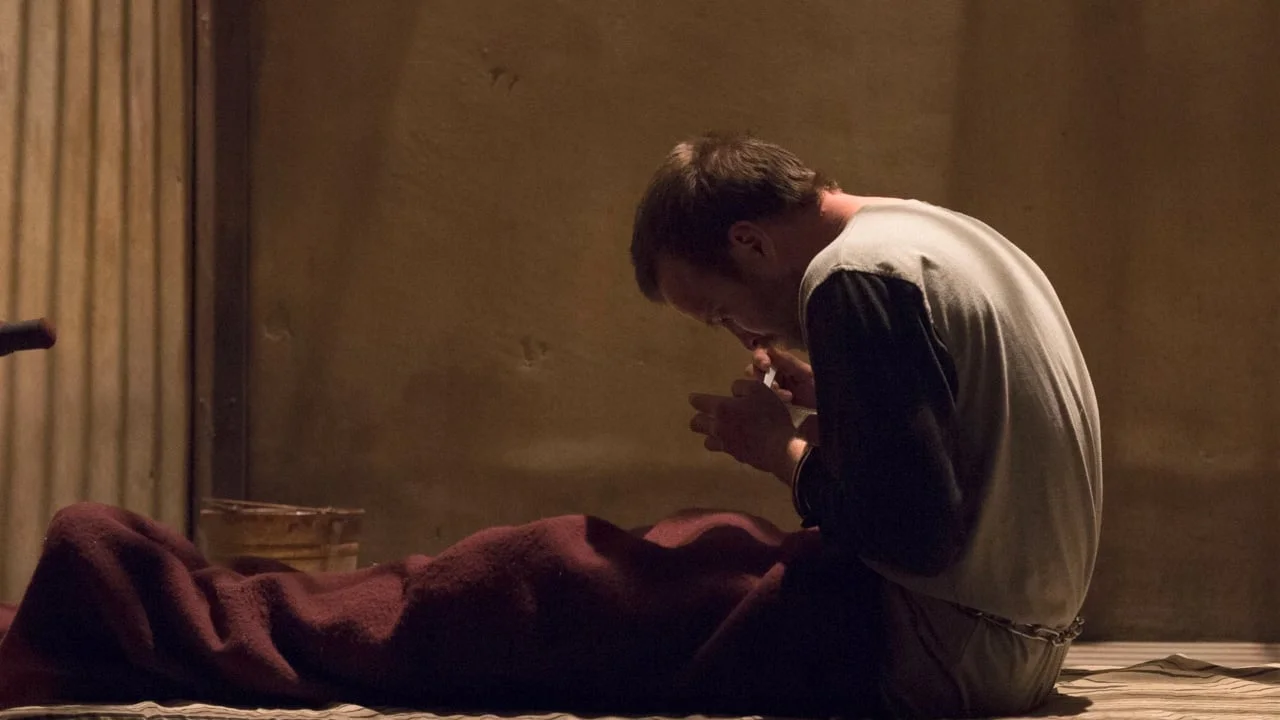
In “Felina,” Jesse Pinkman’s story reaches its climax. Though he receives less screen time than Walter, the conclusion to their partnership leaves a lasting impact. Vince Gilligan’s “El Camino: A Breaking Bad Movie” further explores Jesse’s perspective, providing closure to his character arc.
Lighthearted Moments: “Live Free or Die” (Season 5, Episode 1)
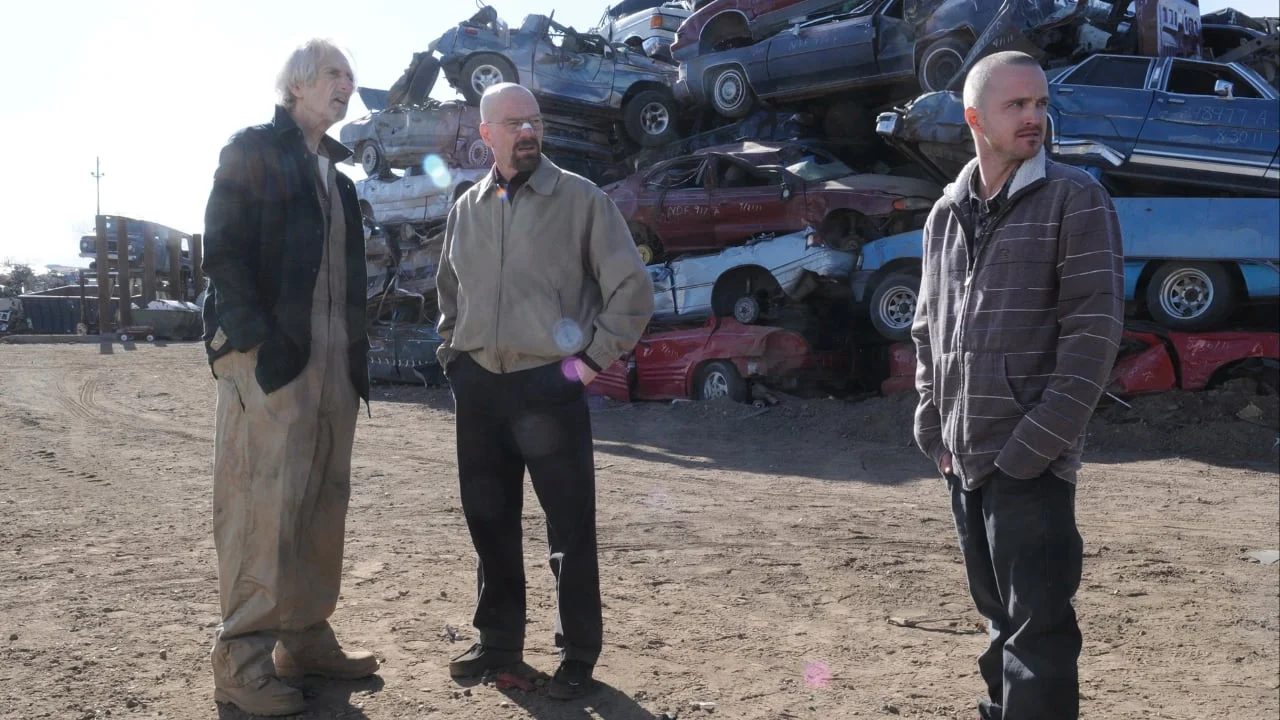
“Live Free or Die” showcases one of the last lighthearted storylines in the show. Jesse teams up with Walter and Mike in a memorable magnet scheme, offering a glimpse of camaraderie amidst their illegal endeavors.
Jesse’s Quest for Normalcy: “N-gro y Azul” (Season 2, Episode 7)

The episode “N-gro y Azul” explores Jesse’s relationship with Jane, highlighting his desire for a normal life. This plot point sets the stage for Jesse’s emotional turmoil following Jane’s death and his struggle to escape the world of crime.
A Shifting Alliance: “Rabid Dog” (Season 5, Episode 12)
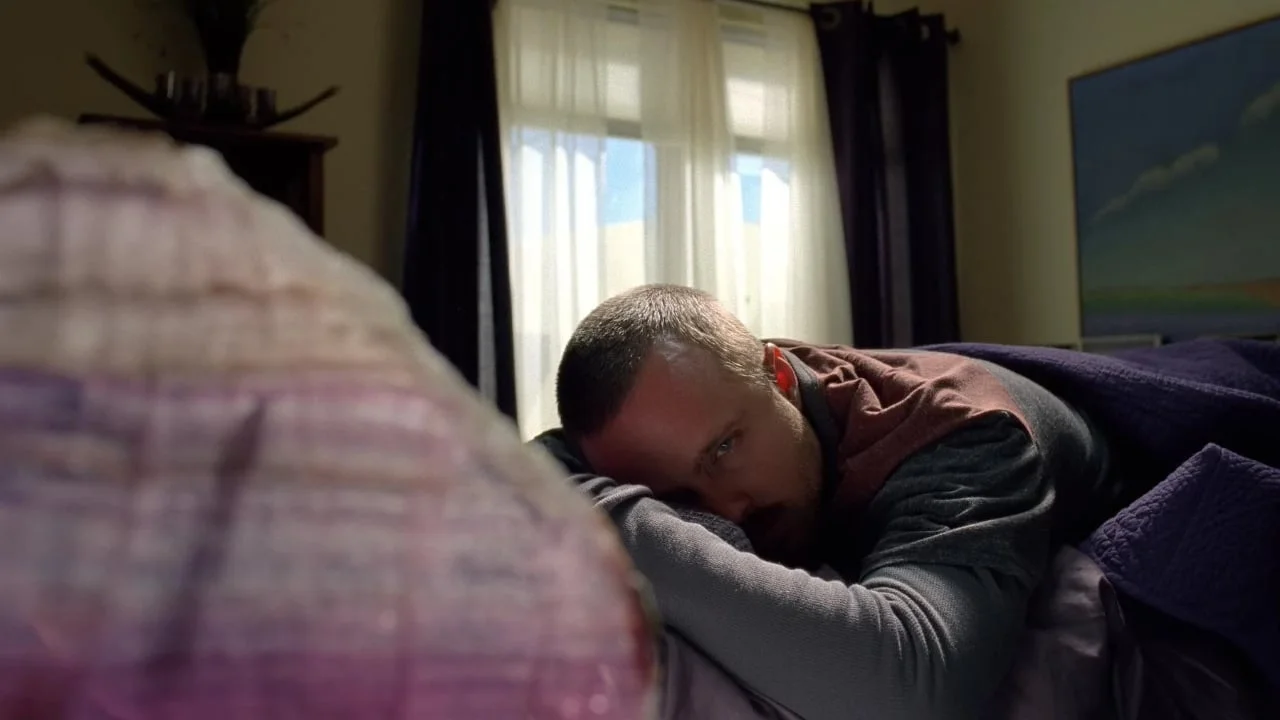
“Rabid Dog” sees Jesse partnering with Hank to take down Walter, yet the alliance feels unbalanced and exploitative. This episode demonstrates the lack of respect and manipulation Jesse faces, even from those on the opposite side of the law.
The Introduction of Saul Goodman: “Better Call Saul” (Season 2, Episode 8)
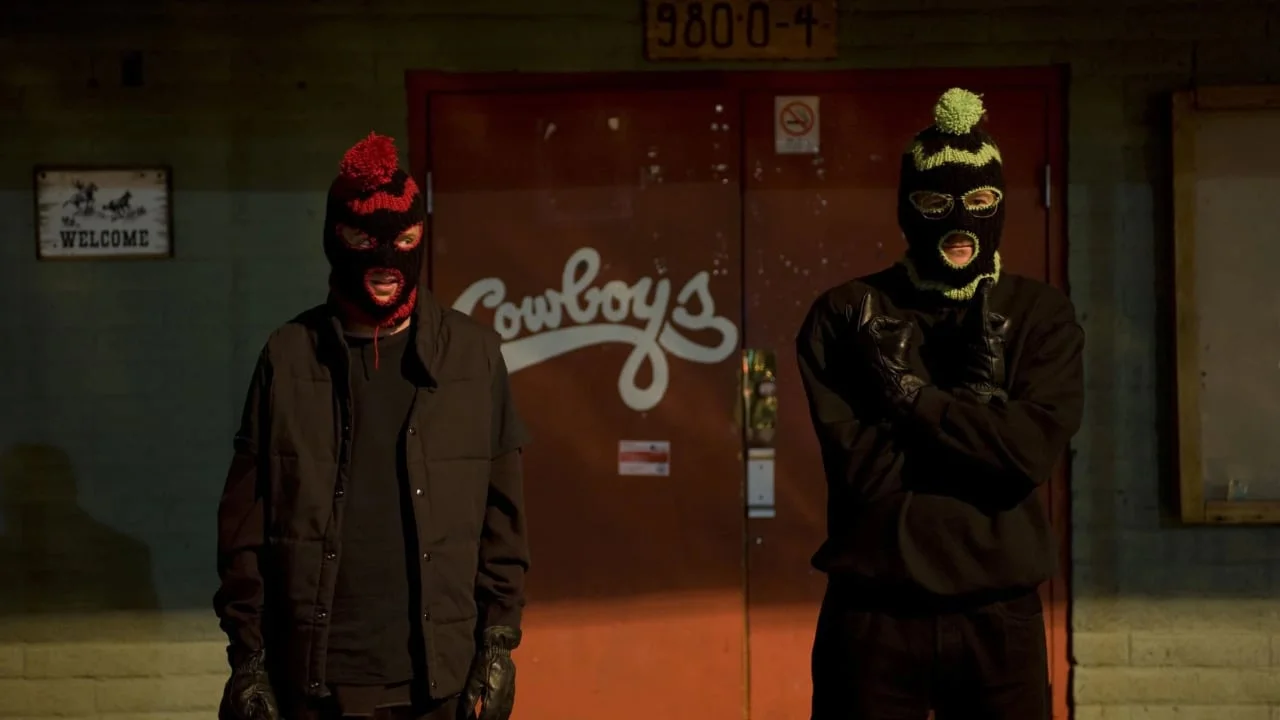
“Better Call Saul” not only introduces the iconic lawyer character but also focuses on Jesse’s relationship withJane. The couple’s blossoming romance and Jesse’s pursuit of happiness are central to this episode, offering a glimpse into his yearning for a normal, crime-free life.
Tension at the White Household: “Buyout” (Season 5, Episode 6)
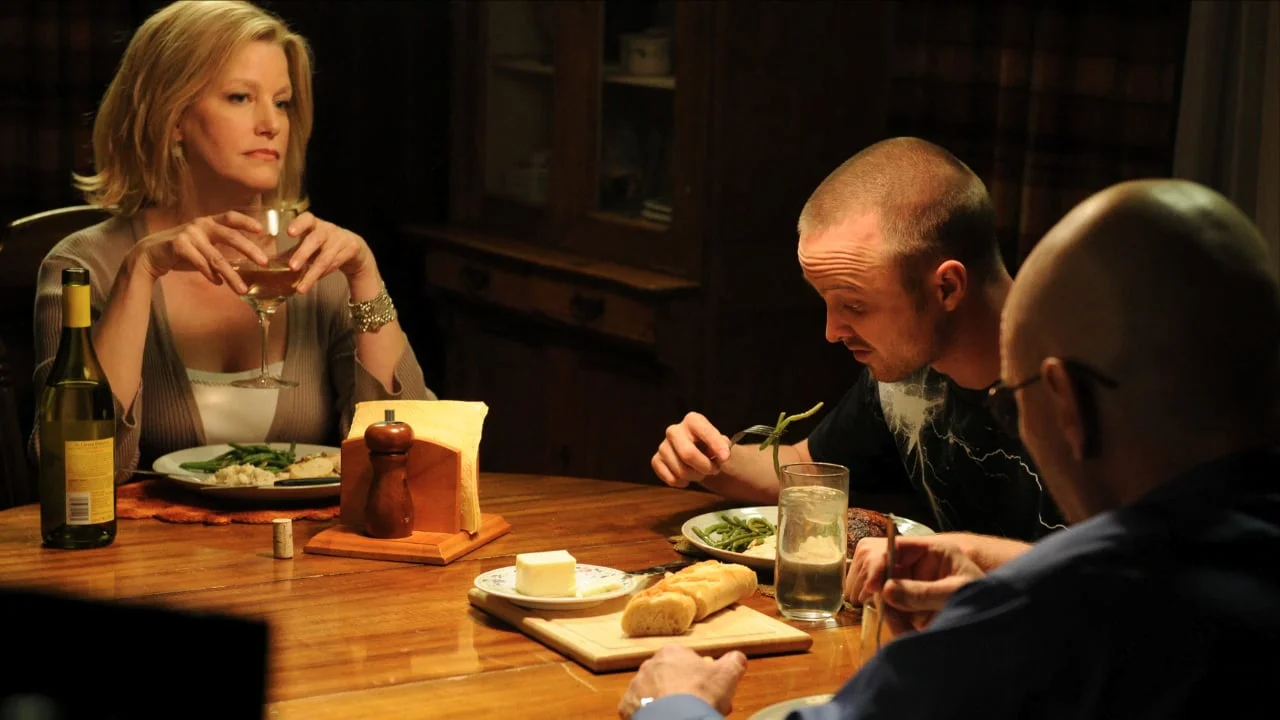
“Buyout” highlights the stark contrast between Jesse’s desire to leave the meth business and Walter’s relentless ambition. The scene where Jesse joins the White family for dinner is particularly memorable, showcasing his discomfort and regression to a childlike state amidst the underlying tension.
Captive in a Drug Lord’s Grasp: “Grilled” (Season 2, Episode 2)
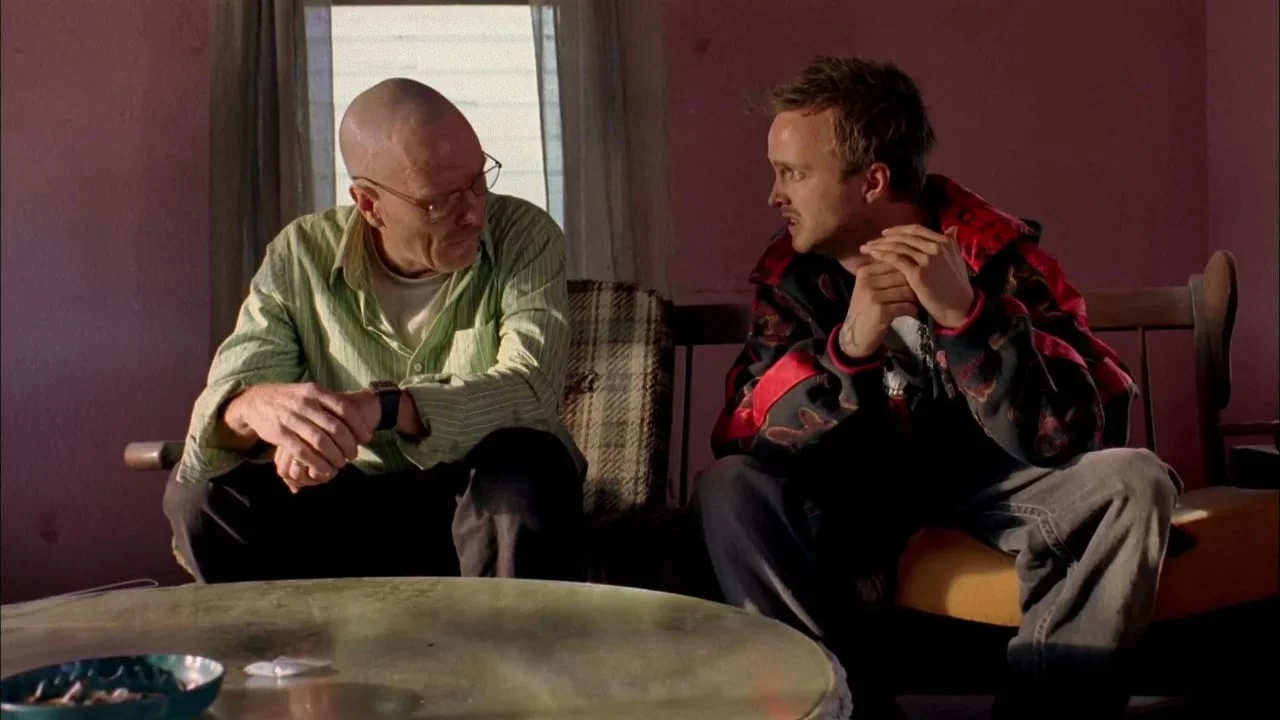
In “Grilled,” Jesse and Walter’s predicament with Tuco escalates, forcing them to cooperate for survival. The episode showcases their uneasy partnership and Jesse’s resilience under extreme circumstances.
A Test of Survival: “Four Days Out” (Season 2, Episode 9)
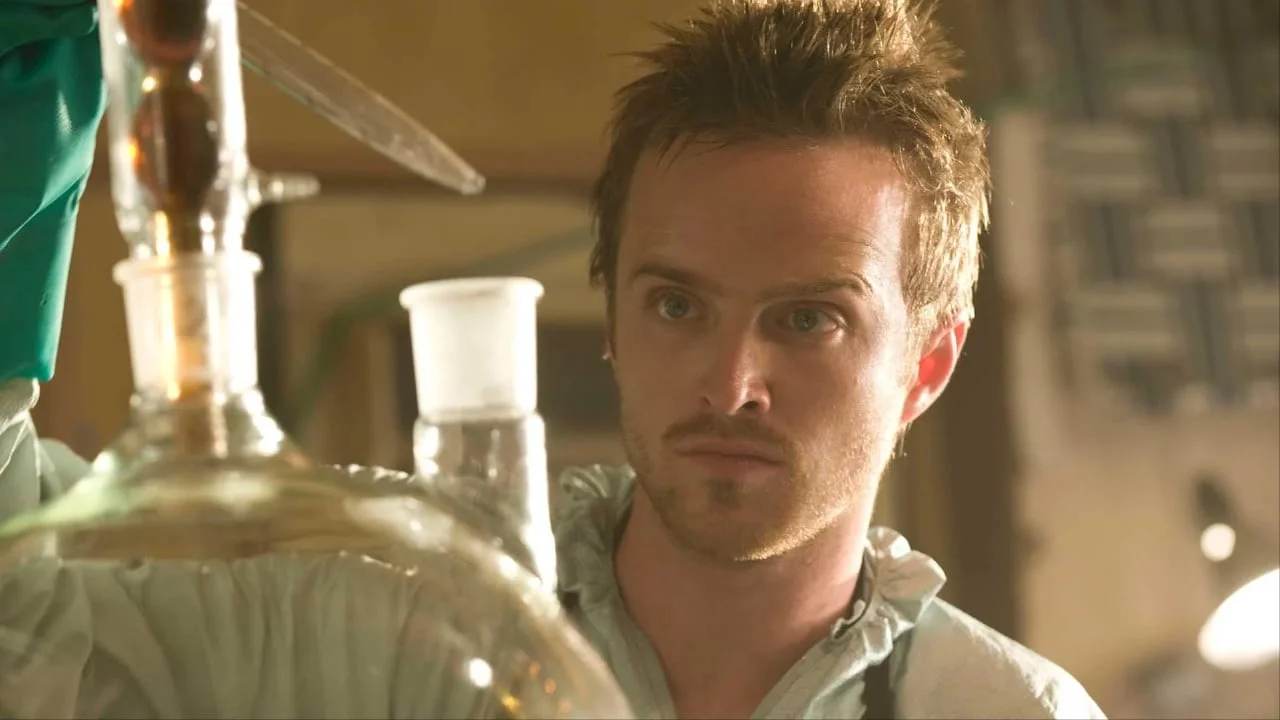
“Four Days Out” is pivotal for Jesse and Walter’s relationship, focusing on their bond during a crisis. Stranded in the desert, the episode highlights their teamwork and the underlying complexity of their partnership.
A Day with Mike: “Shotgun” (Season 4, Episode 5)
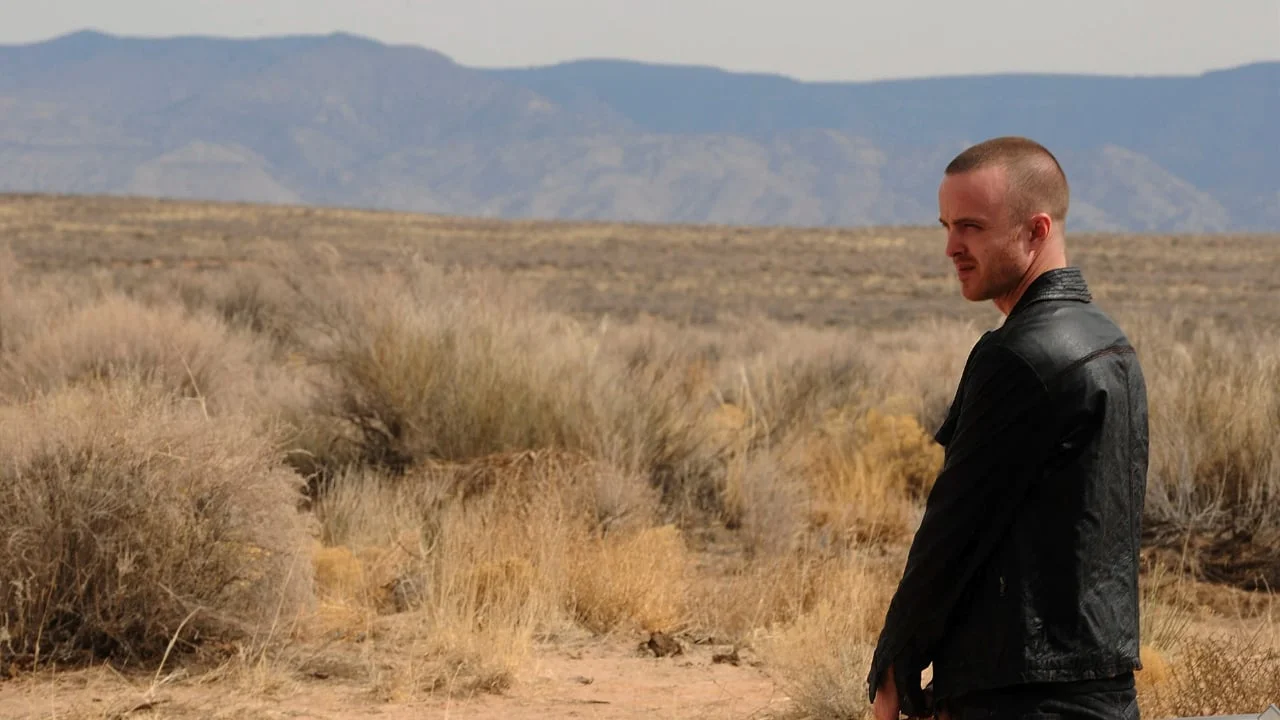
In “Shotgun,” Jesse’s dynamic with Mike Ehrmantraut is explored, contrasting his relationship with Walter. The episode examines Jesse’s struggle for redemption and his growth as a character.
Jesse Pinkman’s journey in “Breaking Bad” is a complex tapestry of guilt, redemption, and resilience. Each of these episodes contributes to the depth and evolution of his character, making him a compelling and integral part of the show’s narrative. As the series progresses, viewers witness Jesse’s transformation from a misguided youth to a character seeking atonement, making him one of the most memorable figures in television history.









